ΠΕΡΙΓΡΑΦΗ ΜΑΘΗΜΑΤΟΣ
Παρουσιάζονται βασικές έννοιες της Γραμμικής Άλγεβρας και των εφαρμογών της στην Βελτιστοποίηση και στη Συγκριτική Στατική Ανάλυση. Οι έννοιες αυτές συναντώνται στην τρέχουσα οικονομική βιβλιογραφία και αποτελούν βασικά εργαλεία τόσο στο επίπεδο της θεωρητικής ανάλυσης όσο και στους τομείς λήψης των αποφάσεων και της άσκησης πολιτικής. Δίνεται έμφαση στην χρήση των μαθηματικών για την ανάπτυξη υποδειγμάτων που εξυπηρετούν εφαρμογές στα γνωστικά αντικείμενα της οικονομικής και της διοικητικής επιστήμης.
Ειδικότερα εξετάζονται τα εξής θέματα:
Μέρος 1: Εισαγωγή στην Γραμμική Άλγεβρα
1. Γραμμικά υποδείγματα. Γραμμικά συστήματα.
2. Διανυσματικοί χώροι και υπόχωροι, βάση και διάσταση διανυσματικού χώρου.
3. Άλγεβρα πινάκων, βαθμός και ορίζουσα πίνακα.
4. Γραμμικές απεικονίσεις, πίνακας γραμμικής απεικόνισης, πίνακας αλλαγής βάσης.
5. Χαρακτηριστικές τιμές, χαρακτηριστικά διανύσματα, διαγωνοποίηση πινάκων.
6. Συμμετρικοί πίνακες, τετραγωνικές μορφές.
Μέρος 2: Λογισμός Συναρτήσεων Πολλών Μεταβλητών
1. Βασικές τοπολογικές έννοιες: Ανοικτά και συμπαγή σύνολα.
2. Συναρτήσεις πολλών μεταβλητών: Μερική παραγώγιση, διαφόριση, κανόνας αλυσίδας. Ειδικοί πίνακες (Ιακωβιανός και Εσσιανός πίνακας).
3. Κυρτές και κοίλες συναρτήσεις.
4. Πεπλεγμένες συναρτήσεις και παράγωγοι, ομογενείς συναρτήσεις.
Μέρος 3: Βελτιστοποίηση -Συγκριτική Στατική Ανάλυση
1. Βελτιστοποίηση συναρτήσεων σε ανοικτό υποσύνολο του. 2. Βελτιστοποίηση συναρτήσεων με περιορισμούς ισότητας (Θεώρημα Lagrange). 3. Βελτιστοποίηση συναρτήσεων σε συμπαγές υποσύνολο του. 4. Βελτιστοποίηση συναρτήσεων με ανισοτικούς περιορισμούς (θεώρημα Kuhn- Tucker). 5. Κοίλος προγραμματισμός. 6. Συγκριτική στατική σε μη γραμμικά συστήματα. 7. Συγκριτική στατική σε προβλήματα βελτιστοποίησης. 8. Θεωρήματα περιβάλλουσας. 9. Οικονομικές εφαρμογές.
Βιβλιογραφία
1. Γ. Σαραφόπουλος, Ν. Μυλωνάς, Γραμμική Άλγεβρα, Βελτιστοποίηση και Δυναμική Ανάλυση στις Οικονομικές Επιστήμες, Εκδόσεις Τζιόλα.
2. A. Chiang, K. Wainwright, Μαθηματικές Μέθοδοι Οικονομικής Ανάλυσης, Κριτική
3. Μ. Λουκάκης , Πρόσκληση στα Μαθηματικά Οικονομικών και Διοικητικών Επιστημών, Τόμος Α, Β, Εκδόσεις Σοφία.
4. Α. Σ. Κορκοτσίδης, Μαθηματικά για Οικονομολόγους, Εκδ. Παπαζήση
5. Α. Ξεπαπαδέας, Μαθηματικές Μέθοδοι στα Οικονομικά, Εκδόσεις Gutenberg
6. T.S.Blyth, E.F.Robertson, Basic Linear Algebra, Springer
7. E. Dowling, Intoduction to Mathematical Economics, McGraw – Hill (Shaum series)
8. M. Hoy et al., Mathematics for Economists, Addison Wesley
9. Simon – L. Blume, Mathematics for Economists Norton Co.
10. K. Sydsaeter – P. Hammond, Mathematics for Economic Analysis, Prentice – Hall
Καθηγητές
Επιλέξτε για να δείτε περισσότερες πληροφορίες για κάθε καθηγητή.
| Όνομα | Τίτλος | |
|---|---|---|
| Σαραφόπουλος Γεώργιος | Καθηγητής | gsarafop@econ.duth.gr |


